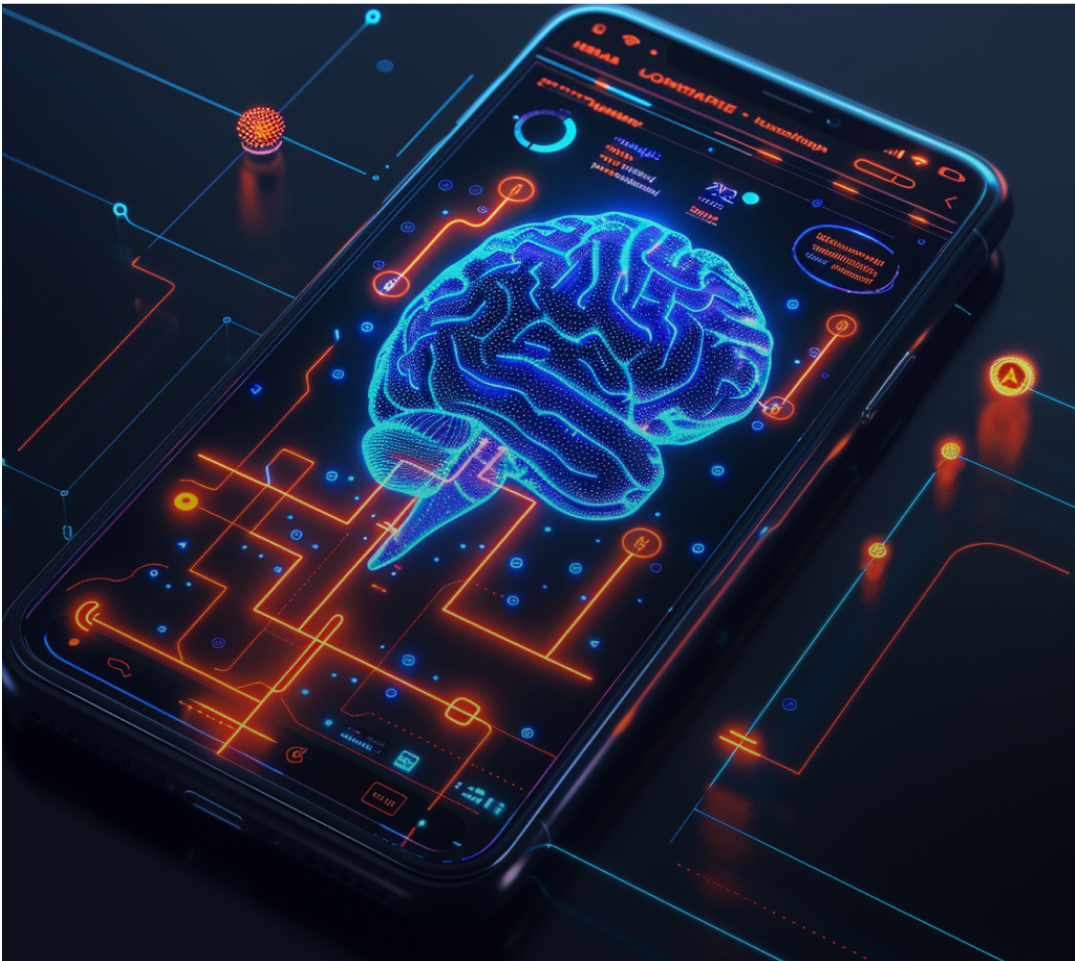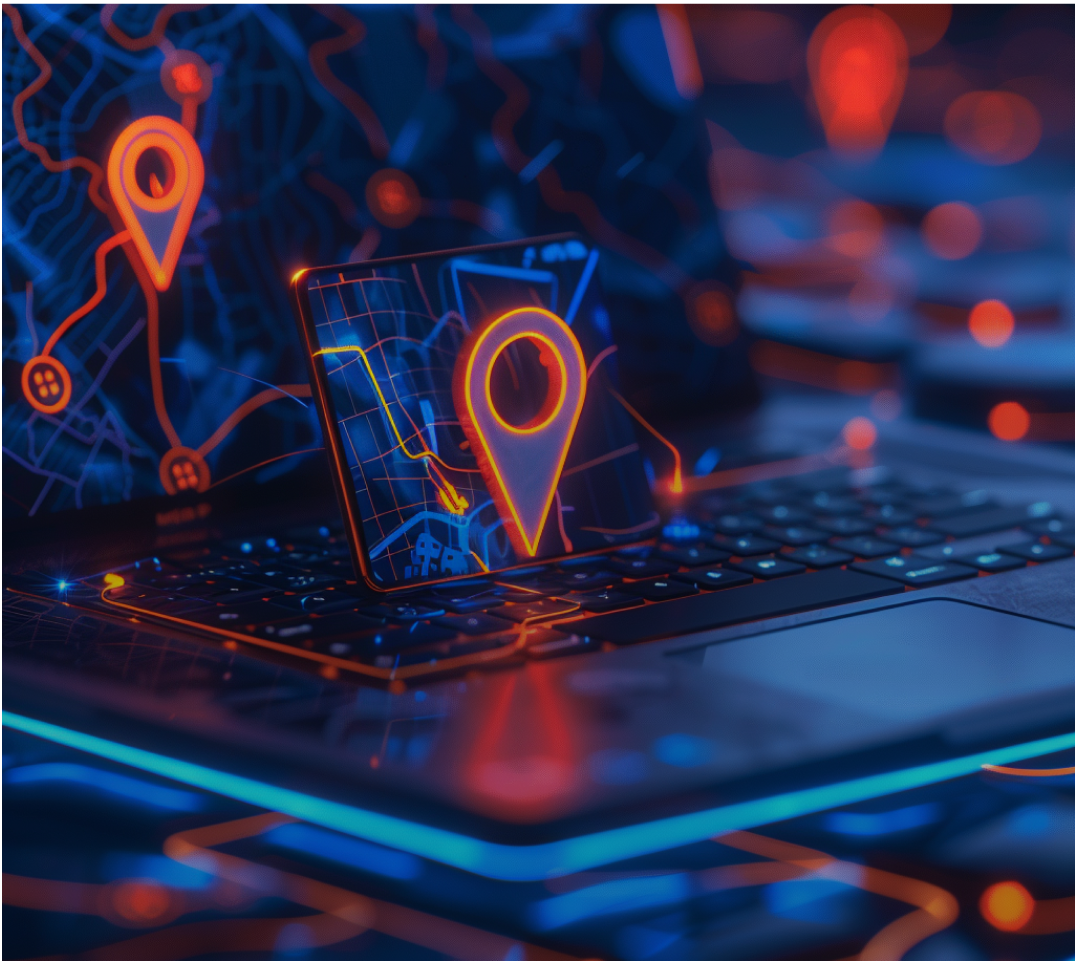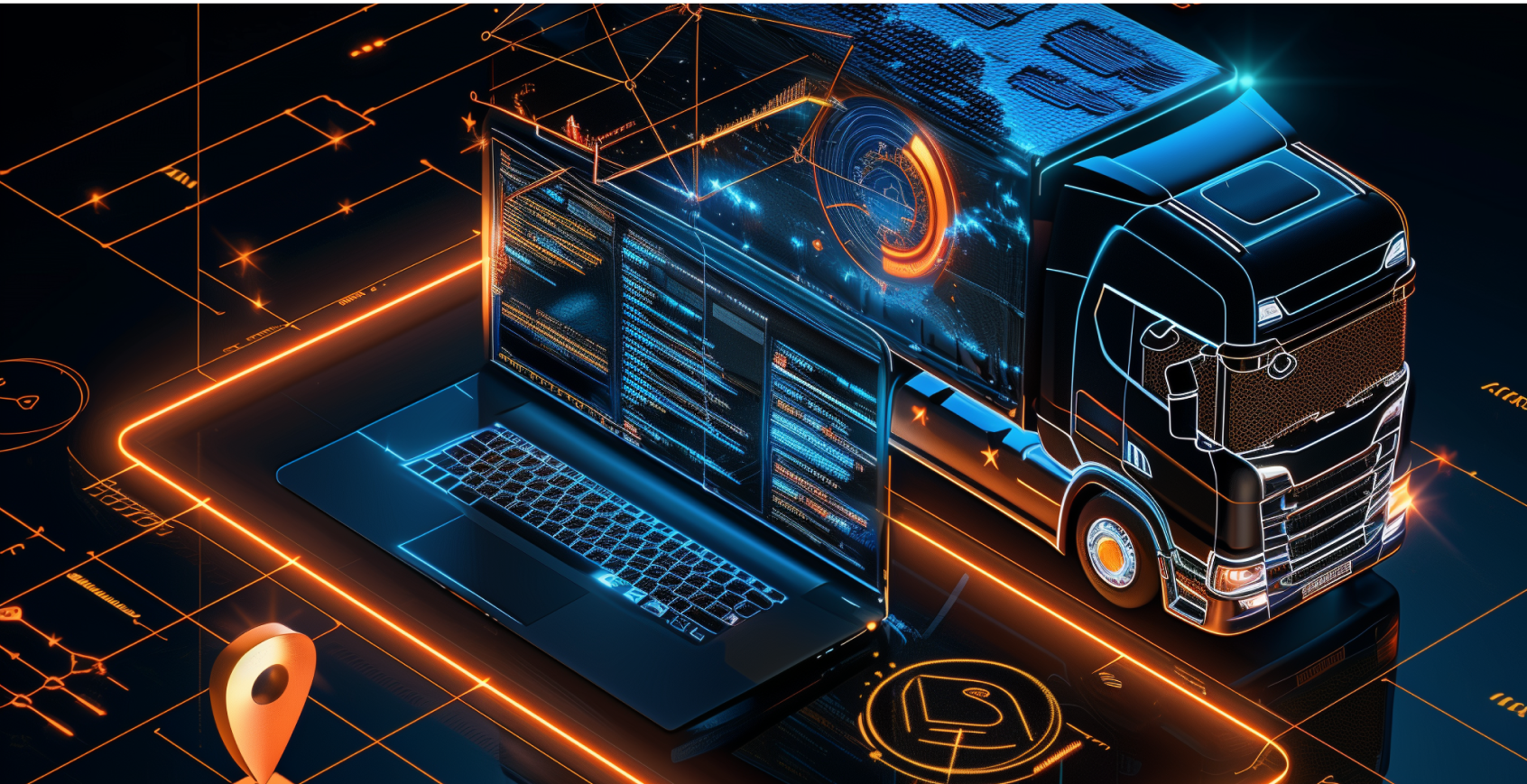
6 Examples of Scalable Digital Solutions for Startups
Discover 6 practical examples of scalable digital solutions for startups and how these strategies can drive growth and innovation for your tech business.
Revolutionize the transport and logistics landscape through unparalleled technological capabilities.
Domain expertise & Advanced Tech Stack
EDE specializes in logistics software development. Our team leverages cloud computing, IoT, AI/ML to develop cutting-edge digital solutions. Thus, our offerings are always at the forefront of technological innovation. Furthermore, our products are built to scale alongside company’s growth and technological advancements. It means you get a future-proof infrastructure that will adapt to evolving demands.
Proven Track Record & Strong Work Ethics
We have a history of successful implementations and satisfied clients within the industry. Our portfolio demonstrates our capability to deliver impactful and results-driven solutions. We place a strong emphasis on improving our client experience and service differentiation. Plus, HERE you can find real reviews about our work!
Our custom applications offer robust features for inventory control, including:
These features ensure warehouses and distribution centers operate with precision and agility. Plus, they help minimize stockouts and excess inventory.
Comprehensive WM functionalities encompass inventory tracking, slotting optimization, order picking, and packing processes.
Additionally, these systems often integrate barcode scanning and RFID technologies. It helps to enhance accuracy and speed in daily operations.
Stakeholders can monitor shipments and proactively address any issues that may arise with:
Sophisticated modules leverage historical data and predictive analytics to anticipate future demand patterns. By employing these insights, companies allocate resources more effectively.
With analytics tools, decision-makers gain insights into operational performance, cost analysis, and KPIs. Customizable dashboards and intuitive visualizations empower users to make informed decisions.
Logistics operations continue to evolve in response to shifting client behaviors. Thus, the integration of advanced software emerges as a strategic imperative.





The journey towards creating impactful apps begins with a thorough comprehension of our client’s needs. We engage in detailed discussions to gain insights into their business processes. Here, we analyze pain points, TA, strategic objectives.
Rigorous research lets us identify opportunities for innovation within the supply chain domain. We ensure that our solutions are at the forefront of industry transformation.
We prioritize flexibility, collaboration, and iterative improvements throughout the transportation software development lifecycle. Our cross-functional teams work closely with clients, allowing for continuous feedback. Based on it, they are able to make adjustments to meet evolving demands.
Leveraging modern technologies is at the core of our logistic software development process. From implementing AI-driven predictive analytics to IoT-enabled connectivity, we harness a diverse array of technological capabilities to drive intelligent decision-making. Testing at every step is paramount in ensuring the reliability of our products. We employ rigorous testing protocols to validate the app functionality, performance, and security.
Our commitment to client satisfaction extends beyond the development phase. We ensure a seamless transition to the new environment. Our support team remains accessible to address any post-deployment queries or issues, reinforcing our commitment to sustaining long-term partnerships with our clients.
AI-powered algorithms and ML models facilitate intelligent demand forecasting, route optimization, predictive maintenance. These capabilities optimize resource allocation, enhance decision-making, drive operational efficiency across the network.
Blockchain ensures transparent transactions, benefiting supply chain traceability, smart contracts, provenance tracking areas. The technology helps mitigate fraud, streamline documentation, and establish immutable records of transactions.

IoT sensors enable real-time tracking, monitoring, and data collection throughout the supply chain. IoT provides unprecedented visibility and control over daily activities. From vehicle tracking to condition monitoring of goods!
Virtual replicas of physical assets help with real-time monitoring, predictive maintenance, scenario analysis. This technology enhances asset reliability and reduces downtime through proactive maintenance strategies.

6 Examples of Scalable Digital Solutions for Startups
Discover 6 practical examples of scalable digital solutions for startups and how these strategies can drive growth and innovation for your tech business.

Why Invest in App Development for Business Growth
Learn why investing in app development fuels business growth, enhances scalability, and supports digital transformation. Covers benefits, challenges, and ROI.
By continuing to browse or by clicking ‘Accept’, you agree to the storing of cookies on your device to enhance your site experience and for analytical purposes. To learn more about how we use cookies, please visit our Privacy policy (see Cookies Notice section).